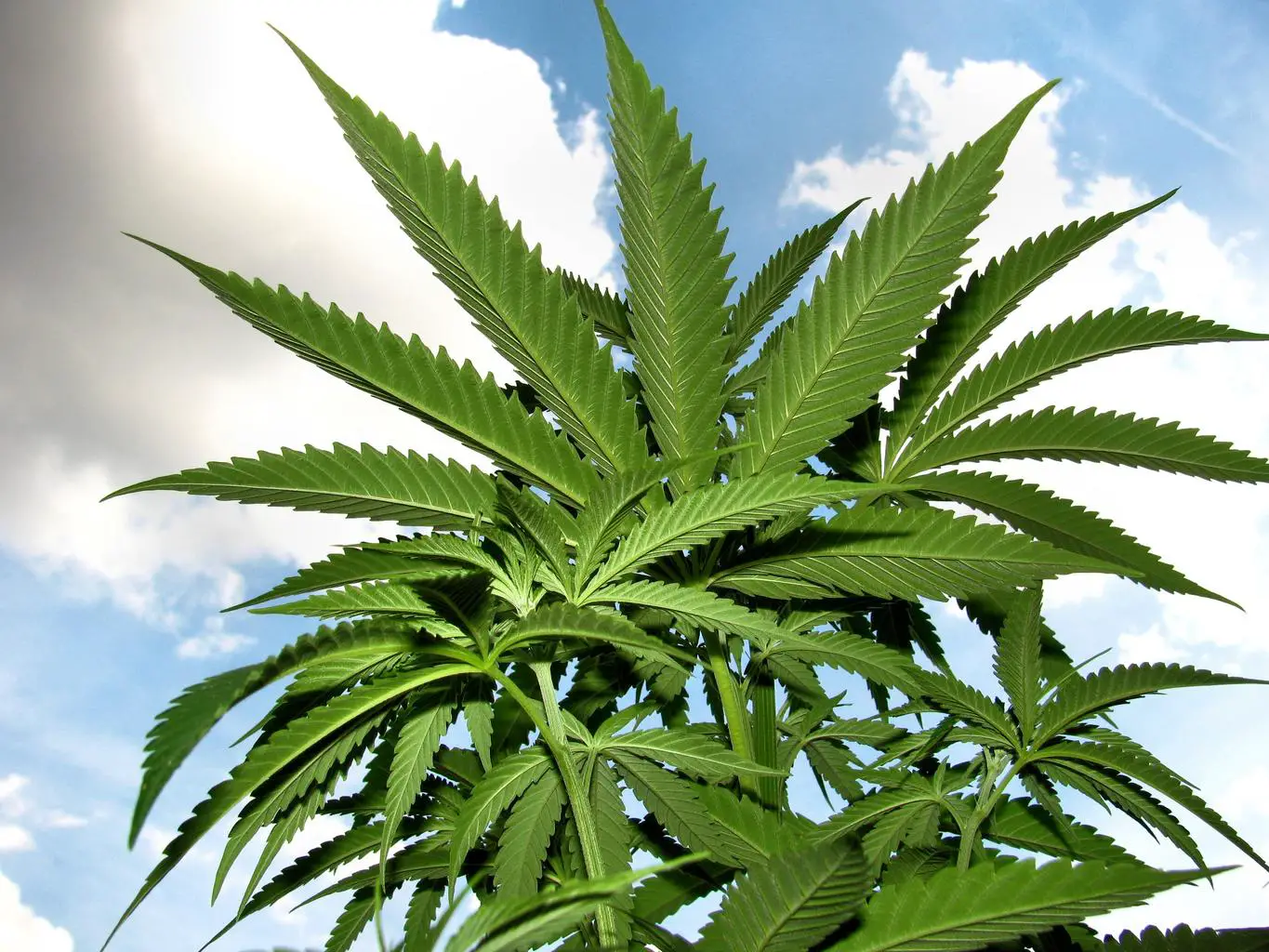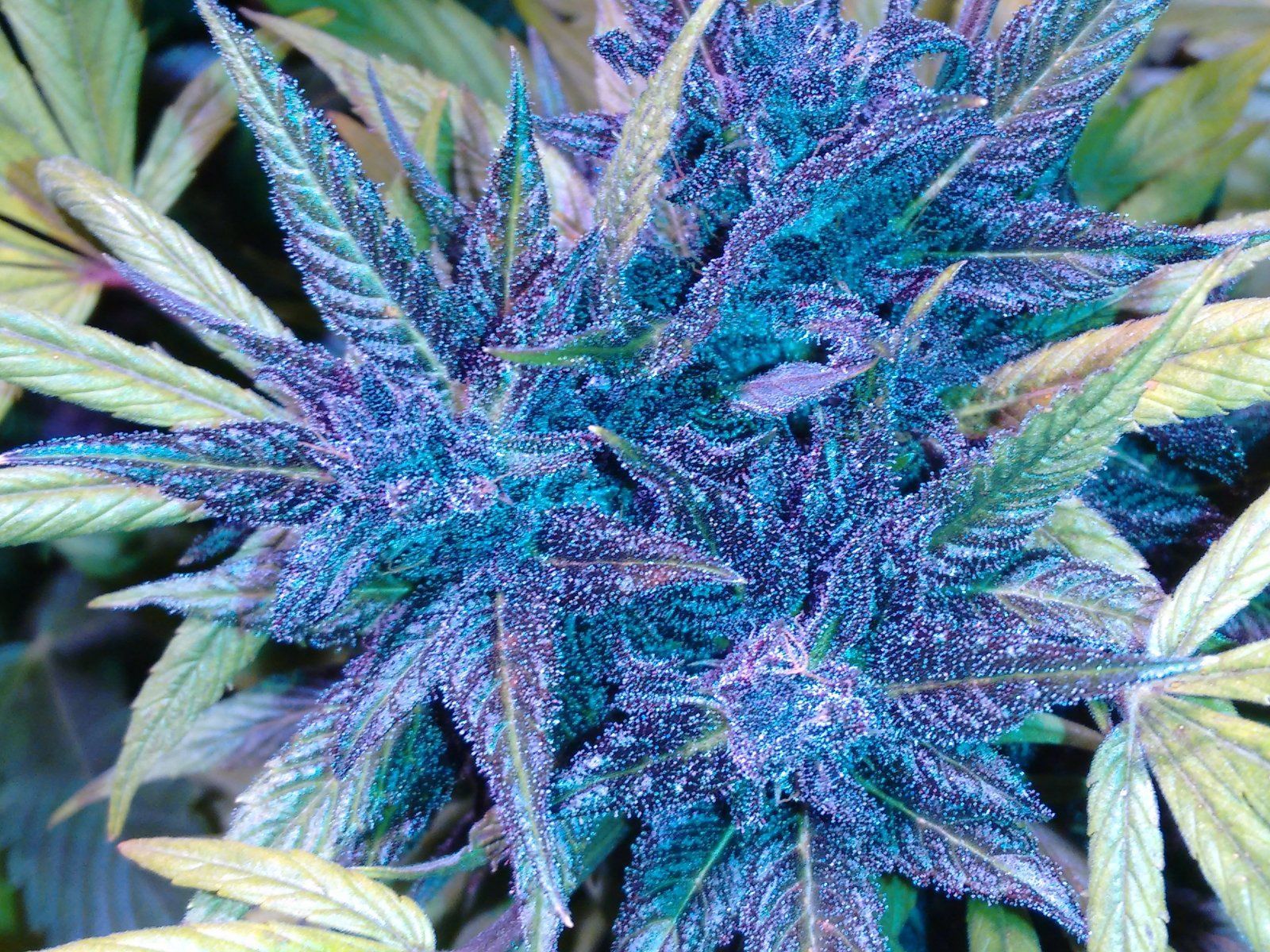News
Decoding the Cannabis Brain: How THC and CBD Influence Neural Activity
The relationship between cannabis and the brain is a complex and fascinating topic that continues to intrigue researchers and enthusiasts alike. Central to this exploration are two key cannabinoids: tetrahydrocannabinol (THC) and cannabidiol (CBD). In this magazine-style blog, we embark on a journey into the depths of the cannabis brain, unraveling the intricate ways in which THC and CBD influence neural activity. From their contrasting effects on cognition and mood to their potential therapeutic applications in neurological disorders, join us as we decode the mysteries of the cannabis brain and uncover the science behind its profound impact on the mind.
THC and the High: Unraveling the Psychoactive Effects

Delving into the psychoactive effects of THC offers a fascinating glimpse into the intricate workings of the Cannabis Brain. THC, or tetrahydrocannabinol, is the primary intoxicating compound found in cannabis, renowned for its ability to induce a euphoric state, alter perception, and modulate cognition. This potent cannabinoid interacts with the brain’s endocannabinoid system, specifically targeting CB1 receptors located throughout various regions of the central nervous system. By binding to these receptors, THC disrupts neurotransmission, leading to a cascade of effects that contribute to the cannabis “high.” One of the key neural pathways through which THC exerts its influence is the mesolimbic dopamine system, a reward pathway associated with motivation, pleasure, and reinforcement. Here, THC stimulates the release of dopamine, a neurotransmitter linked to feelings of reward and pleasure, thereby amplifying sensations of euphoria and relaxation. Additionally, THC’s interaction with other neurotransmitter systems, such as glutamate and GABA, further contributes to its psychoactive effects, influencing mood, memory, and perception. Understanding the mechanisms underlying THC’s psychoactive properties sheds light on the complex interplay between cannabinoids and the Cannabis Brain, paving the way for insights into both the therapeutic and recreational applications of cannabis.
CBD’s Balancing Act: Modulating Neurotransmission
CBD’s role in modulating neurotransmission within the Cannabis Brain is a testament to its multifaceted properties and therapeutic potential. By interacting with a diverse array of receptors and neurotransmitter systems in the brain, including serotonin, GABA, and TRPV1 receptors, CBD exerts a balancing effect on neural activity. This interaction allows CBD to exert its neuroprotective and mood-regulating properties, offering relief from various mental health disorders. One of CBD’s remarkable attributes is its ability to counteract the psychoactive effects of THC, the primary intoxicating compound in cannabis, by modulating the activity of CB1 receptors in the brain. Additionally, CBD’s interaction with serotonin receptors contributes to its anxiolytic effects, promoting relaxation and alleviating symptoms of anxiety and stress. Through its intricate modulation of neurotransmission, CBD emerges as a promising candidate for therapeutic interventions in mental health disorders, offering a natural and non-intoxicating alternative for individuals seeking relief from symptoms related to mood disorders and anxiety.
The Endocannabinoid System: Gateway to Neural Communication

The endocannabinoid system (ECS) stands as a remarkable gateway to neural communication within the human body, orchestrating a myriad of physiological processes essential for maintaining homeostasis and overall well-being. Comprising a complex network of receptors, endocannabinoids, and enzymes, the ECS plays a pivotal role in mediating the effects of cannabinoids like THC and CBD in the brain. Central to its function are cannabinoid receptors, namely CB1 and CB2, which are distributed throughout the central nervous system and peripheral tissues. These receptors serve as key regulators of mood, memory, appetite, pain perception, and immune response, among other functions. Endocannabinoids, such as anandamide and 2-arachidonoylglycerol (2-AG), act as the body’s natural ligands for these receptors, exerting precise control over neural signaling pathways. When activated by cannabinoids from cannabis plants, these receptors can be modulated to produce a wide range of effects, from euphoria and pain relief to appetite stimulation and immune regulation. Additionally, the ECS plays a crucial role in neuroprotection, neuroplasticity, and synaptic transmission, highlighting its significance in maintaining optimal brain function. Understanding the intricacies of the ECS provides valuable insights into how cannabis-derived cannabinoids interact with the body, paving the way for novel therapeutic interventions and a deeper appreciation of the therapeutic potential of cannabis.
Neuroplasticity and Learning: Impact of Cannabis on Cognitive Function
Understanding the impact of cannabis consumption on neuroplasticity and learning is essential for unraveling the complexities of how cannabinoids influence cognitive function. Neuroplasticity refers to the brain’s ability to reorganize itself by forming new neural connections throughout life, a process crucial for learning and memory. When examining the effects of THC and CBD on neuroplasticity, researchers have encountered conflicting findings. While some studies suggest that THC may impair cognitive function and disrupt neuroplasticity, others indicate potential neuroprotective effects of CBD that could counteract these negative outcomes. Additionally, individual variability in response to cannabis exposure further complicates the picture, with factors such as genetic predisposition, dosage, frequency of use, and age at onset of consumption playing significant roles. Despite these challenges, ongoing research continues to shed light on the intricate interplay between cannabis and cognitive function, paving the way for a deeper understanding of how cannabinoids influence the brain’s capacity to learn and adapt over time.
Therapeutic Potential: CBD in Neurological Disorders
The therapeutic potential of CBD in neurological disorders represents a promising frontier in medical research and treatment. Scientific studies have unveiled compelling evidence supporting CBD’s efficacy in managing various neurological conditions, including epilepsy, multiple sclerosis (MS), and Parkinson’s disease. CBD’s anti-seizure properties have garnered particular attention, leading to the development of FDA-approved pharmaceutical formulations such as Epidiolex for the treatment of specific epilepsy syndromes. Additionally, CBD’s anti-inflammatory and neuroprotective properties offer hope for individuals living with MS and Parkinson’s disease, where inflammation and neuronal damage play significant roles in disease progression. Ongoing clinical trials continue to explore CBD’s therapeutic benefits, with researchers investigating its potential to alleviate symptoms and improve the quality of life for patients with neurological disorders. As our understanding of CBD’s mechanisms of action deepens and clinical evidence accumulates, CBD stands poised to revolutionize the treatment landscape for neurological conditions, offering newfound hope and relief to countless individuals affected by these debilitating disorders.
THC’s Impact on Psychiatric Disorders: Risks and Benefits

Examine the complex relationship between THC consumption and psychiatric disorders, including schizophrenia, bipolar disorder, and depression. Explore the evidence linking heavy cannabis use to an increased risk of developing psychotic symptoms and discuss the potential therapeutic benefits of THC in managing mood disorders and chronic pain. Learn about the importance of personalized risk assessment and harm reduction strategies in mitigating the adverse effects of cannabis on mental health.
Navigating the Cannabis Brain: Implications for Policy and Education
Consider the broader implications of cannabis consumption on public health, policy, and education. Explore the challenges of regulating cannabis in a rapidly changing legal landscape, and discuss the importance of evidence-based education and harm reduction strategies in promoting safe and responsible use. Learn about the need for continued research into the effects of cannabis on the brain and the role of interdisciplinary collaboration in advancing our understanding of this complex relationship.
- Making edibles taste like Delicacies, Not Cannabis - 9 May 2024
- Unlocking the Secret: Cannabis Without Munchies - 7 May 2024
- cbd versus cbg: Decoding the Differences and Similarities - 6 May 2024



























